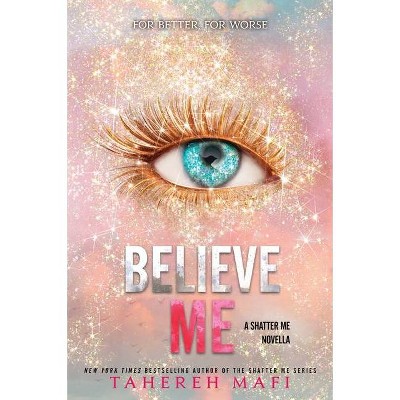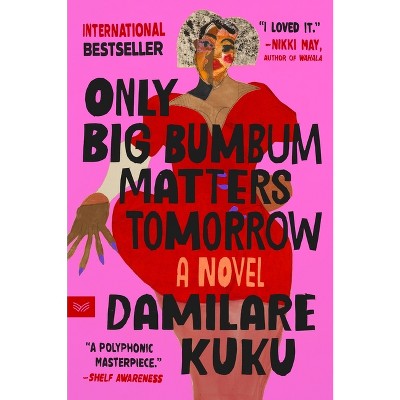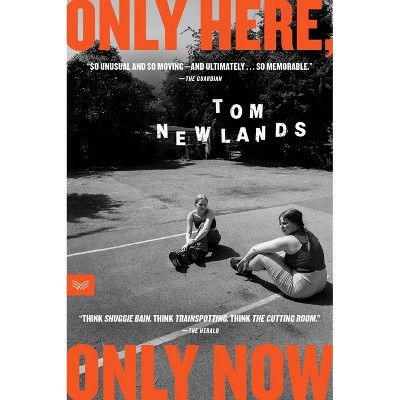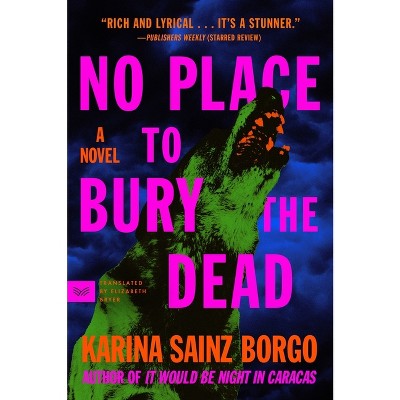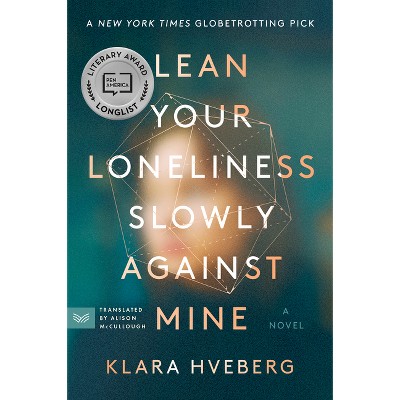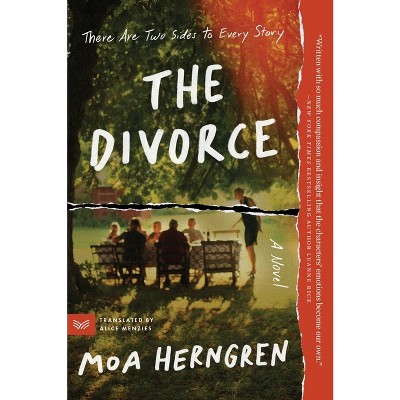Sponsored

The Lost Shtetl - by Max Gross (Paperback)
In Stock
Sponsored
About this item
Highlights
- WINNER OF THE NATIONAL JEWISH BOOK AWARD AND THE JEWISH FICTION AWARD FROM THE ASSOCIATION OF JEWISH LIBRARIESGOOD MORNING AMERICA MUST READ NEW BOOKS * NEW YORK POST BUZZ BOOKS * THE MILLIONS MOST ANTICIPATEDA remarkable debut novel--written with the fearless imagination of Michael Chabon and the piercing humor of Gary Shteyngart--about a small Jewish village in the Polish forest that is so secluded no one knows it exists . . . until now.What if there was a town that history missed?For decades, the tiny Jewish shtetl of Kreskol existed in happy isolation, virtually untouched and unchanged.
- Author(s): Max Gross
- 416 Pages
- Fiction + Literature Genres, Literary
Description
About the Book
"What if there was a town that Hitler missed? For over fifty years the tiny Jewish shtetl of Kreskol has existed virtually untouched and unchanged. Spared of the Holocaust and Cold War, Kreskol has enjoyed an isolated peace. But when a marriage dispute spirals out of control, Kreskol is suddenly rediscovered and brought into the 21st Century. Pesha is in a loveless, arranged marriage and summons the courage to escape Kreskol on foot. But when her husband goes after her, panicked town leaders (protecting secrets of their own) send a woefully unprepared young man out to bring them home. The orphaned outcast named Yankel-unlearned, functionally illiterate (his Yiddish is useless to the modern-day outside world), and tagged with an inconceivable origin story-soon finds himself in the care of a psych ward. But when the truth comes out about his origins, his name is splashed across the covers of Polish newspapers. Ready or not, Poland commits to returning Yankel to Kreskol, and reintegrating the town that time forgot. In the course of doing so, the devious origins of the town's disappearance come into the light. And what has become of those runaways? Kreskol, torn asunder by disagreement between those embracing change and those clinging to its old world ways, may soon be forced to make a choice or disappear altogether"--Book Synopsis
WINNER OF THE NATIONAL JEWISH BOOK AWARD AND THE JEWISH FICTION AWARD FROM THE ASSOCIATION OF JEWISH LIBRARIES
GOOD MORNING AMERICA MUST READ NEW BOOKS * NEW YORK POST BUZZ BOOKS * THE MILLIONS MOST ANTICIPATED
A remarkable debut novel--written with the fearless imagination of Michael Chabon and the piercing humor of Gary Shteyngart--about a small Jewish village in the Polish forest that is so secluded no one knows it exists . . . until now.
What if there was a town that history missed?
For decades, the tiny Jewish shtetl of Kreskol existed in happy isolation, virtually untouched and unchanged. Spared by the Holocaust and the Cold War, its residents enjoyed remarkable peace. It missed out on cars, and electricity, and the internet, and indoor plumbing. But when a marriage dispute spins out of control, the whole town comes crashing into the twenty-first century.
Pesha Lindauer, who has just suffered an ugly, acrimonious divorce, suddenly disappears. A day later, her husband goes after her, setting off a panic among the town elders. They send a woefully unprepared outcast named Yankel Lewinkopf out into the wider world to alert the Polish authorities.
Venturing beyond the remote safety of Kreskol, Yankel is confronted by the beauty and the ravages of the modern-day outside world - and his reception is met with a confusing mix of disbelief, condescension, and unexpected kindness. When the truth eventually surfaces, his story and the existence of Kreskol make headlines nationwide.
Returning Yankel to Kreskol, the Polish government plans to reintegrate the town that time forgot. Yet in doing so, the devious origins of its disappearance come to the light. And what has become of the mystery of Pesha and her former husband? Divided between those embracing change and those clinging to its old world ways, the people of Kreskol will have to find a way to come together . . . or risk their village disappearing for good.
Review Quotes
"Lively and imaginative.... alternately reminiscent of early Isaac Bashevis Singer and a Catskills comedian. Gross's entertaining, sometimes disquieting tale delivers laugh-out-loud moments and deep insight on human foolishness, resilience, and faith." - Publishers Weekly (starred review)
"I was blown away.... 'The Lost Shtetl' is a Jewish fantasy in the vein of Michael Chabon's 'The Yiddish Policemen's Union' and Steve Stern's Jewish magical realism novels. There are even echoes of Simon Rich's New Yorker story, 'Sell Out, ' about a time-travelling Orthodox Jewish immigrant, soon to be the major motion picture 'An American Pickle' starring, yes, Seth Rogen.....The novel's narrator, a kind of first-person collective, sounds both contemporary and folkloric, as if one of the great Yiddish writers had somehow survived, like Kreskol, to tell its story. 'The Lost Shtetl' stands on its own." - Jewish Week
"Witty and sagacious....The persistence of anti-Semitism after the Holocaust has been an enduring theme for American writers, from Bernard Malamud and Philip Roth to more contemporary writers like Michael Chabon, Shalom Auslanderand Steve Stern. Gross earns a spot in that company....People want to know about a place that escaped a slaughter, which frees Gross to write a fine and often funny speculative novel. But he knows people are less eager to confront the roots of that slaughter, which makes "The Lost Shtetl" a potent cautionary tale as well. - USA Today
"Gross is hilariously funny as he weaves this story....We laugh, but... do we? Yes. The miracle of this book is that it provokes theories about its intention and doesn't let you stop trying to figure them out." - Literary Hub
"A gorgeous debut." - New York Post
"Judging by The Lost Shtetl, his brilliant debut novel, author Max Gross is the metaphysical love child of Sholem Aleichem and J.K. Rowling." - Hadassah Magazine
'With warmth and charm, Gross spins a resonant and poignant tale of village life complete with gossip and matchmakers" - The National Book Review
"[G]reat fun, packed with warmth, humor, and delightful Yiddish expressions....Reaching into the storytelling tradition that stretches from Sholem Aleichem to Isaac Bashevis Singer to Michael Chabon, the author spins an ingenious yarn about the struggle between past and present." - Kirkus Reviews (starred review)
"[A] dose of fabulism may be the best cure yet for a psychologically intolerable contemporary moment...[The Lost Shtetl is] a riveting narrative about the costs of living in one's own time as opposed to the benefits and disadvantages of living in a "lost horizon" that has been overlooked by the contemporary world. It's filled with a slew of intriguing characters....If this novel doesn't take your mind off being holed up in a shuttered-down city or trying to escape the reality of the pandemic by socially distancing somewhere in the country, nothing will." - Vogue
"Novelist Max Gross poses precisely this question in The Lost Shtetl. Gross' debut novel unfolds with a transfixing, howlingly funny and achingly sad tale of incompatible cultures colliding with the looping, shaggy dog humor of Jonas Jonasson, and delightful echoes of Washington Irving's Rip Van Winkle, Mark Twain's A Connecticut Yankee in King Arthur's Court, Michael Chabon's The Yiddish Policeman's Union, and Woody Allen's Sleeper." - New York Journal of Books
Shipping details
Return details
Frequently bought together
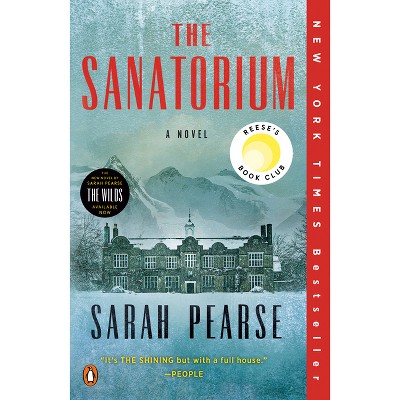
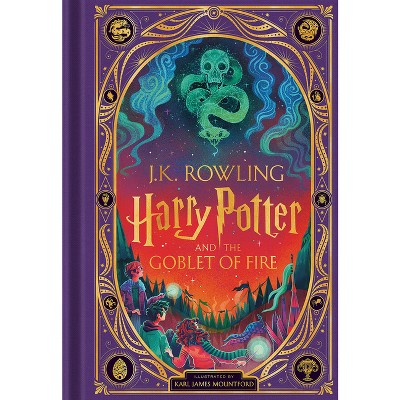
Trending Literary Fiction




Discover more options

